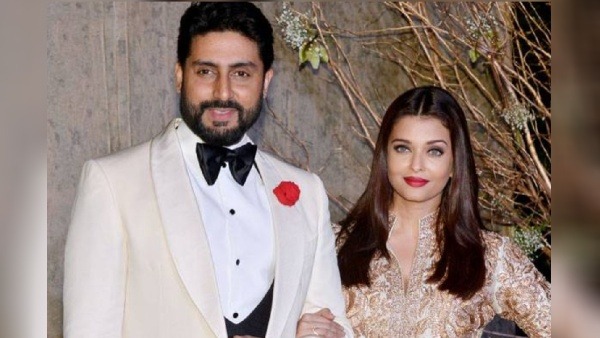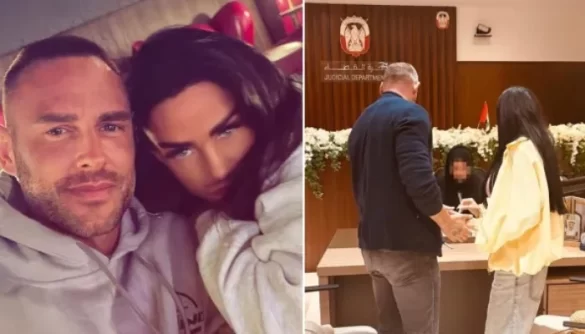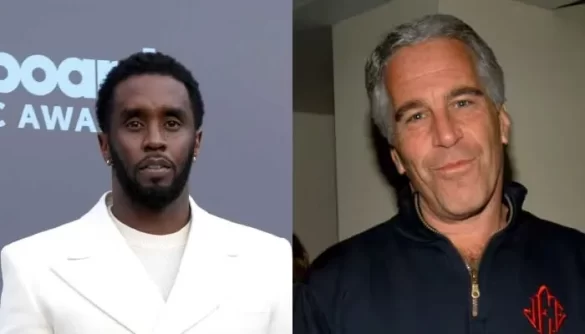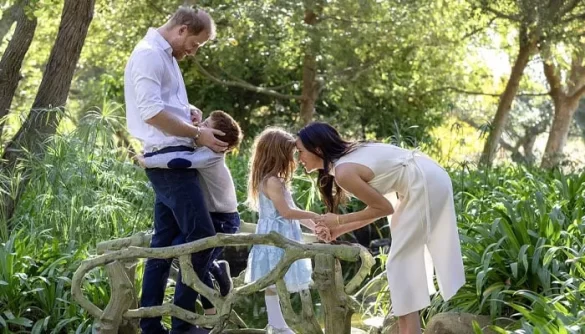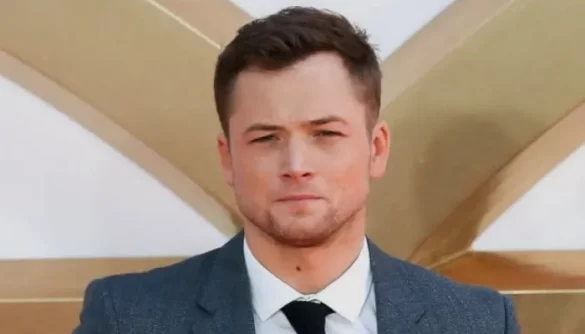Lawsuit Filed in Delhi High Court
Bollywood actors Aishwarya Rai Bachchan and Abhishek Bachchan have filed a lawsuit against YouTube and its parent company Google, seeking damages worth ₹4 crore (approximately USD 480,000).
The petition, submitted in the Delhi High Court, argues that the couple’s privacy and dignity were violated after deepfake videos featuring them spread widely on YouTube. These manipulated videos, described as “fake and obscene,” went viral in recent weeks, prompting the Bachchans to take legal action.
According to the court filing, the couple insists that YouTube must remove all such content immediately and introduce stricter policies to prevent similar incidents. They contend that the platform failed to protect their image and allowed the distribution of harmful material that inflicted mental distress.
Call for Stronger Safeguards
The Bachchans also demanded that YouTube implement measures preventing their images or likeness from being used in the training of artificial intelligence (AI) models.
Their lawyers argued that without stronger safeguards, such misuse of digital likenesses can accelerate the spread of misleading narratives and false information, which can permanently harm an individual’s public standing.
The petition highlighted the broader risks associated with the rapid rise of deepfake technology, which allows highly realistic but fabricated videos to be created using AI. While such tools have positive uses in film and technology, their misuse for harassment, blackmail, or misinformation has become a growing global concern.
YouTube Facing Legal Pressure
This lawsuit comes at a time when YouTube is already facing heightened legal scrutiny worldwide. Just days earlier, the platform agreed to pay USD 24.5 million to settle a separate case in the United States involving former President Donald Trump.
The Bachchans’ lawsuit, therefore, is being seen not just as a personal battle but as part of a wider legal movement against the misuse of deepfake content. Legal experts in India say the case could become a landmark example in the fight to regulate AI-generated media.
Growing Global Worries Over Deepfakes
The controversy reflects a larger international debate. Around the world, policymakers and activists are grappling with the dangers posed by synthetic media.
-
In 2023, the European Union proposed strict rules requiring companies to label AI-generated content clearly.
-
In the United States, lawmakers have called for urgent legislation after deepfake images of celebrities, including Taylor Swift, were circulated online.
-
In India, where the Bachchans enjoy enormous popularity, the spread of such videos has sparked concern among both the entertainment industry and civil society groups.
According to a 2023 report by cybersecurity firm Deeptrace, 96% of deepfake videos online are of non-consensual sexual content, often targeting women. Bollywood celebrities, given their global visibility, are frequent victims.
Bollywood Couple’s Privacy Battles
This is not the first time Aishwarya Rai Bachchan or Abhishek Bachchan have faced public scrutiny of their private lives. However, this marks one of the most significant legal steps taken by a Bollywood celebrity couple against digital harassment and misuse of technology.
Aishwarya Rai, a former Miss World and one of India’s most internationally recognized actors, has long been a target of tabloid speculation. Abhishek Bachchan, son of Bollywood legend Amitabh Bachchan, has similarly been under constant media spotlight.
By moving the Delhi High Court, the couple has underscored their determination to fight back against what they describe as an assault on their dignity, reputation, and family life.
What Happens Next?
The Delhi High Court is expected to review the case in the coming weeks. If the ruling favors the Bachchans, YouTube may be ordered not only to remove existing deepfake content but also to strengthen its monitoring systems.
For now, the case serves as a warning for social media platforms, as public figures increasingly turn to courts to defend their privacy against the unchecked spread of AI-driven content.
As the technology behind deepfakes becomes more advanced and accessible, experts argue that such legal battles will likely multiply worldwide, forcing companies and governments to strike a balance between innovation and protection of individual rights.

